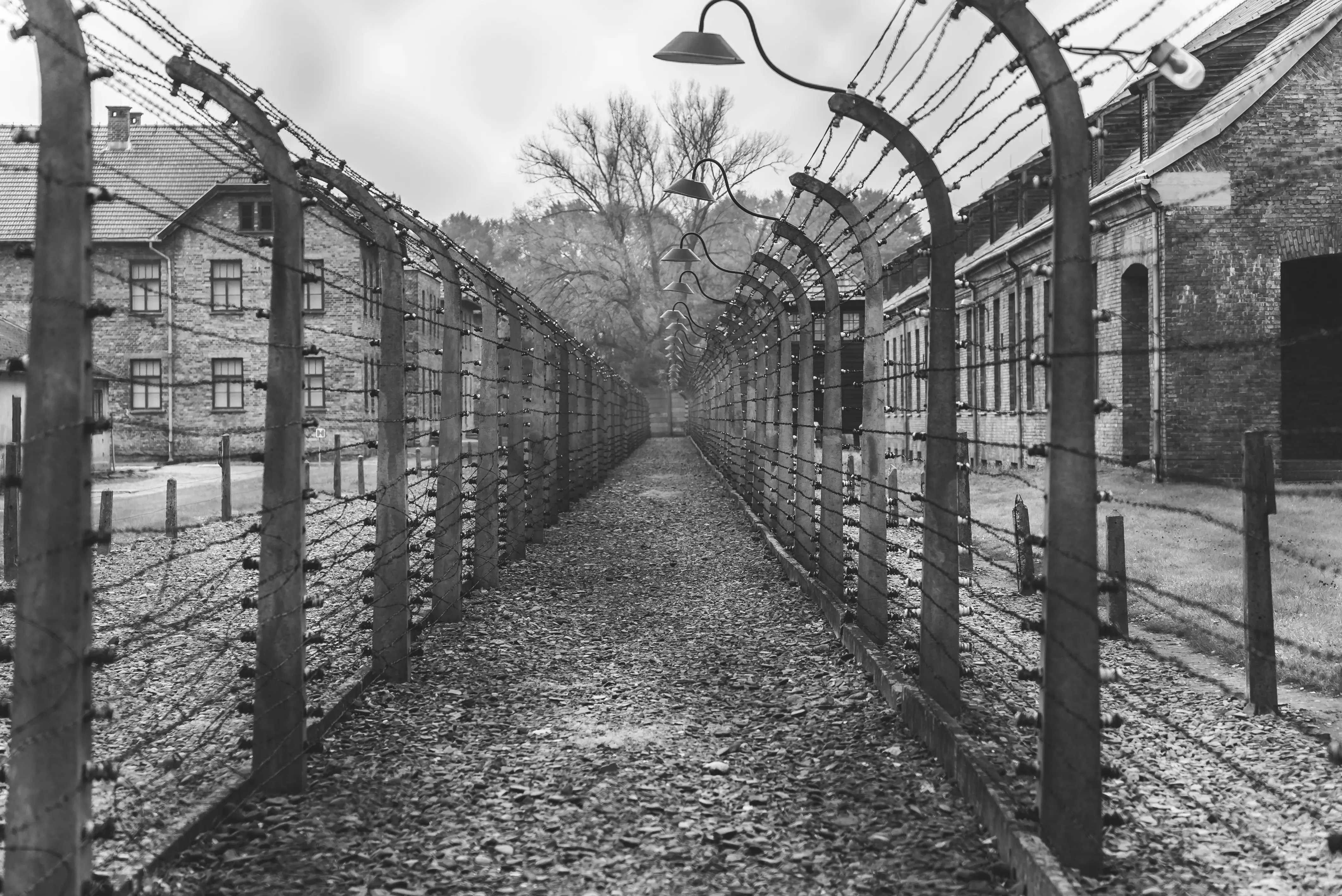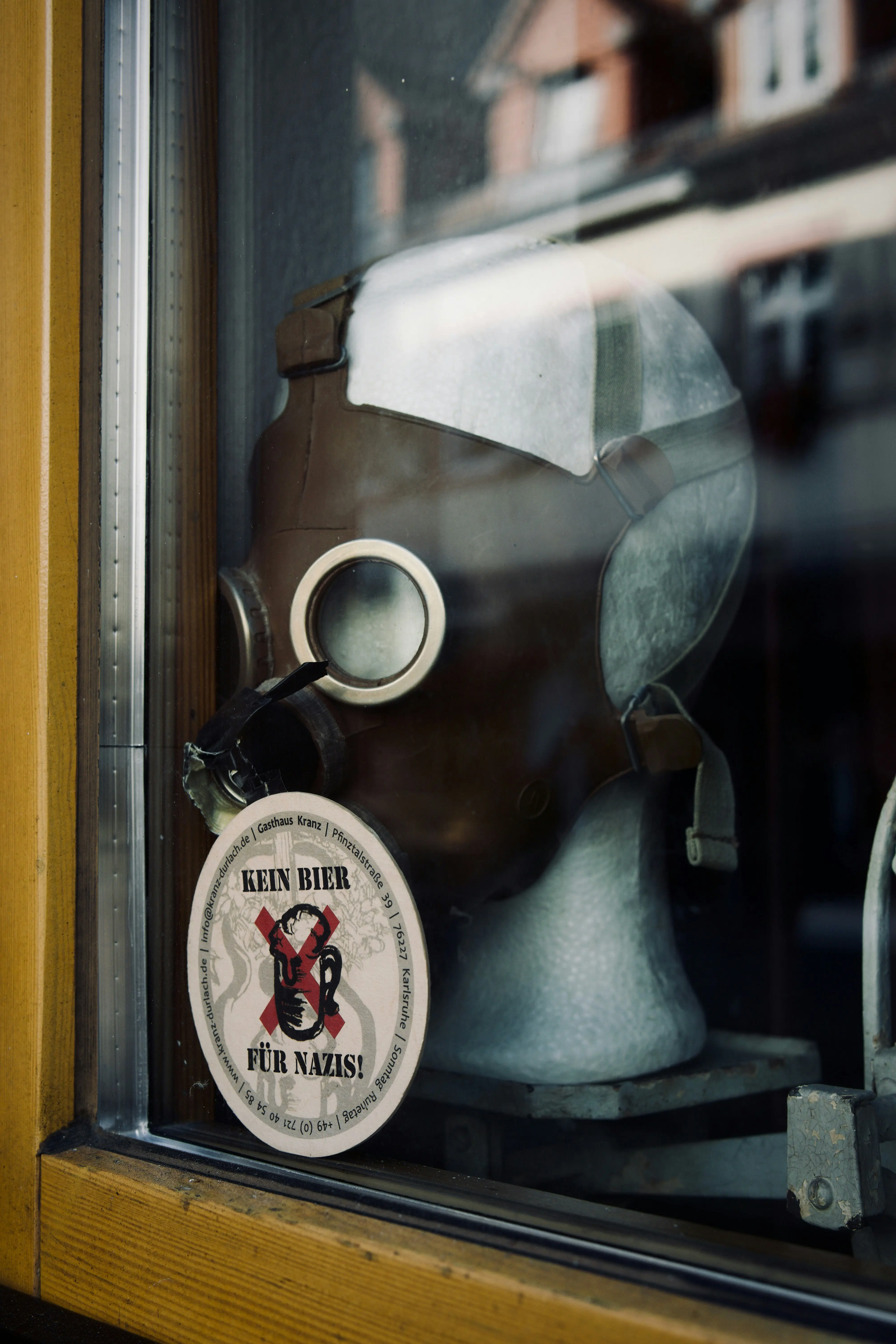The Dark Truth Hidden in Plain Sight: How Nazi Culture Was Shaped by Museums, Theatres, and Archives

They were thought to be innocent stewards of art, knowledge, and heritage, but new research suggests museums, theatres, and archives played a much darker role under the Nazi regime.
A groundbreaking investigation led by researchers at the University of Southampton has laid bare the institutional complicity of Germany’s cultural sector during Adolf Hitler’s rise to power. Far from being passive bystanders, these institutions actively helped normalize and legitimize Nazi ideology, with consequences that echo into the present.
Historians from the university’s Parkes Institute worked with international collaborators to re-examine how cultural institutions, often viewed as apolitical, were systematically co-opted to spread fascist propaganda. Their findings are part of a major project titled “Compromised Identities? Reflections on Perpetration and Complicity under Nazism,” shedding new light on an often-overlooked dimension of Nazi control.

“We tend to focus on military leaders, politicians, and industrialists,” said Professor Joachim Schlör, a co-investigator on the project. “But the people running museums, writing plays, or managing archives, they shaped the public’s understanding of what it meant to be German. That influence was far from neutral.”
Theatres staged pro-regime narratives. Museums curated exhibitions that glorified German racial identity. Archives selectively erased the cultural memory of Jewish communities. Many of the individuals responsible for these choices continued their careers after the war, often without facing any accountability.
The research team also examined post-war processes of “denazification,” finding that many institutions minimized their involvement or rebranded quickly to avoid scrutiny. Documents, correspondences, and photographs recovered from archives across Germany, Austria, and the UK paint a troubling picture of how deeply rooted the ideological alignment was, and how easily it was later buried.
“This isn’t just about the past,” Schlör emphasized. “Understanding how culture was weaponized for hate helps us stay alert to the risks of manipulation today. Especially when authoritarian movements use national identity as a tool.”
The project calls for modern cultural institutions to confront their own histories more transparently, and for educational systems to include these complicity narratives in how we teach World War II and the Holocaust.
As the world continues to grapple with rising authoritarianism, this research serves as a chilling reminder: Power doesn’t always wear a uniform. Sometimes, it wears a curator’s badge.